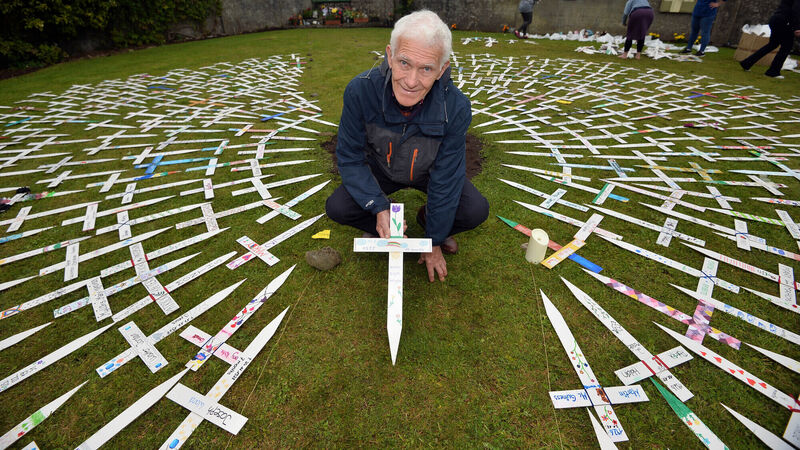Mother and baby home survivors on redress delay: 'They are playing a game of wait and die'

Peter Mulryan, 79, spent four years in the Tuam Mother and Baby Hhome, before he was boarded out to a family who abused him, and has not received any money from the State. Picture: Ray Ryan
A three-year delay in making redress payments to the country's aging survivors of mother and baby homes is "simply not fair on people who have been through so much", an expert in the area has said.
UCC law professor Conor O’Mahony made the comments as the compensation package — worth about €800m and due to be rolled out before the end of last year — continues to be delayed.










